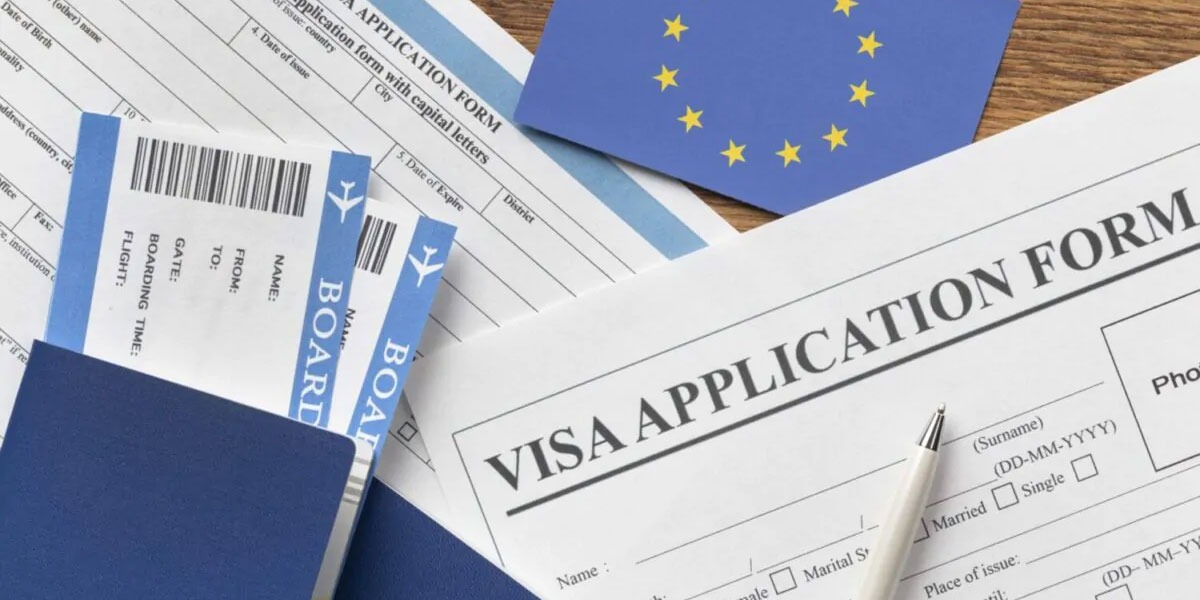Applying for a student visa to European nations from the UAE requires you to go to the consulate or embassy of the particular European nation where you intend to study, obtaining the necessary paperwork (such as a copy of your passport, an acceptance letter, evidence of cash, and more), and possibly going to an interview. And all this you can do with the help of a firm offering global migration service in Dubai.
Here’s a more thorough analysis:
Choose Your Visa Type and Destination
- Schengen Area: You will probably require a Schengen student visa if you intend to study in one of the Schengen countries (such as Germany, France, Italy, etc.).
- Non-Schengen Countries: Depending on the country, different visa requirements will apply if you are travelling to a location outside of the Schengen area, such as the UK, Ireland, etc.
- Short-Stay vs. Long-Stay: Depending on how long you plan to study, you may need a long-stay (D visa) or short-stay (C visa) visa. To learn more on the student visa Europe from UAE consult for free with Asia Global Migration.
Collect the necessary paperwork
- Passport: A current passport that has at least 18 months left on it.
- Visa Application Form: Fill out and sign the form that the consulate or embassy has provided.
- Pictures: Send passport-sized pictures in compliance with the embassy’s requirements.
- Acceptance Letter: Get an acceptance letter from the European university or other educational establishment.
- Transcripts, degrees, and other pertinent documentation should be presented as proof of academic credentials.
- Proof of Economic Means: Show that you have enough money to pay for both your tuition and living expenses.
- Travel Medical Insurance: Make sure you have travel medical insurance that will cover you during your visit.
- Proof of Accommodation: Give proof of the place you plan to stay while pursuing your education.
- Proof of Residency: Present documentation attesting to your UAE residency.
- Itinerary or Round-Trip Reservation: Present documentation of your travel plans.
- Visa Fee Payment: Make the necessary visa fee payment.
- Additional Documents: You might require additional documents, like a criminal record check, marriage certificate, or birth certificate, depending on the nation and your situation.
Make a visa application
- Locate the Appropriate Consulate or Embassy: Determine which embassy or consulate in the United Arab Emirates is the appropriate place for submitting your application.
- Make an Appointment: Make an appointment with a consulate or embassy so that you can submit your application and, if necessary, attend an interview.
- Send Your Application: Send the consulate or embassy with your application along with the necessary paperwork.
- Attend an interview, if one is necessary: When asked about your plans for your studies and the reasons you applied for the visa, be ready to respond.
Crucial Elements
- Processing Time: Apply for your visa well in advance of the date you plan to depart, as processing times can vary.
- Visa fees: Know the costs and how to cover them.
- Requirements by Country: Find out the needs for the country where you intend to study, as they may differ.
- Language Proficiency: Evidence of fluency in the national tongue may be required in some nations.
- Financial Assistance and Scholarships: Make sure that you complete the necessary paperwork if you are receiving financial assistance or scholarships.
- Speak with expert migration consultants in UAE: Take into consideration speaking with a travel agency or visa consultant that specializes in student visas for Europe.



